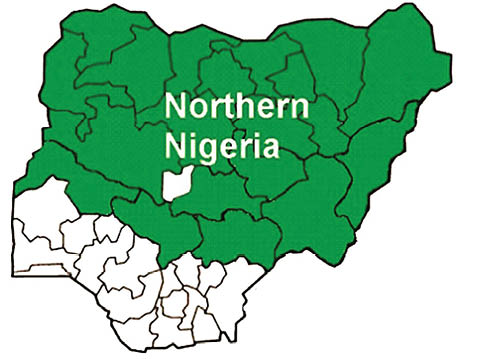North, after blaming others, let’s probe ourselves
It is often said that self-reflection is the beginning of meaningful change. For far too long, we in the North have placed blame on external factors for our challenges, yet a critical examination of our societal issues reveals that much of the blame lies within. Despite the existence of free public schools, many of our […]

North
It is often said that self-reflection is the beginning of meaningful change. For far too long, we in the North have placed blame on external factors for our challenges, yet a critical examination of our societal issues reveals that much of the blame lies within.
Despite the existence of free public schools, many of our children remain out of school, wandering the streets or engaging in unproductive activities. Parents in rural areas often hand over their children to religious teachers, expecting them to educate and care for them, but instead, these children are left to beg or even steal to survive.
Our societal norms discourage many women from pursuing education or employment. When men pass away, their widows are left vulnerable, unable to fend for themselves or their children. Similarly, our youth shun apprenticeships and practical skills development, preferring quick rewards over the patience and effort required to build sustainable careers.
We have failed to hold our leaders accountable, instead protecting and praising them for sectional or religious reasons. The industries in Kano, Kaduna, and Jos that once flourished during their reigns have disappeared. Our farmers still toil with outdated tools, and the iconic groundnut pyramids are now just a memory.
- Sit-at-home order: Gunmen kill vigilantes, burn vehicle in Anambra
- Tinubu arrives Brazil for G20 Summit
The bandits and terrorists who terrorise our communities, preventing farmers from working their fields and children from attending school, are not strangers. They come from within our homes, families, and communities. Instead of addressing this menace head-on, we remain silent, allowing fear and division to govern our actions.
Moreover, our electoral decisions prioritise short-term gains like spaghetti and grains over candidates with integrity and vision. We propagate harmful conspiracies against health initiatives like immunisation, leaving our children blind, lame, and crippled by preventable diseases.
Our priorities are often misplaced. Many of our women own expensive phones and spend heavily on wedding attire, yet lack the capital to start a business.
The stark reality is that 80 per cent of the North’s problems stem from within. God has blessed us with abundant land, resources, rivers, and livestock. Yet, despite these blessings and decades of political power, we lag behind in education, infrastructure, and economic development.
It is time to stop blaming others and take responsibility for our actions—or inaction. We must prioritise education, accountability, skill acquisition, and inclusion for all, regardless of gender. Only then can we begin to harness the blessings bestowed upon us and build a brighter future for the North.
Musa Muhammad Dugge, Department of Mass Communication, University of Maiduguri
